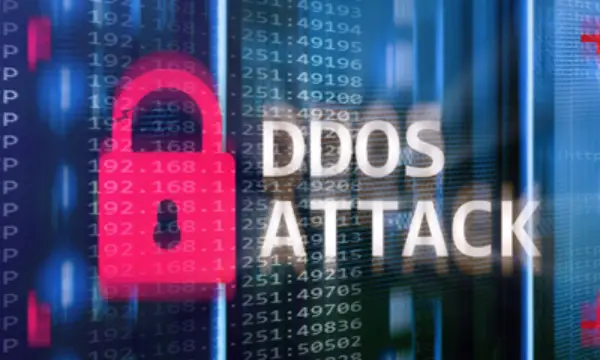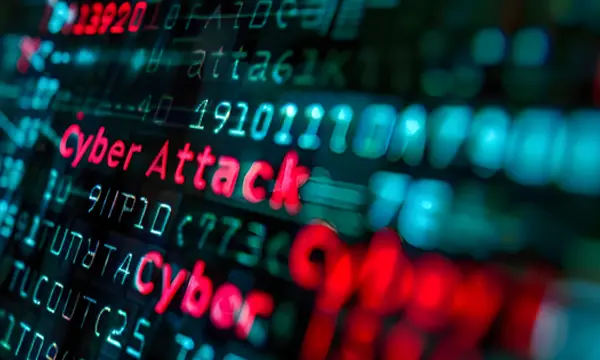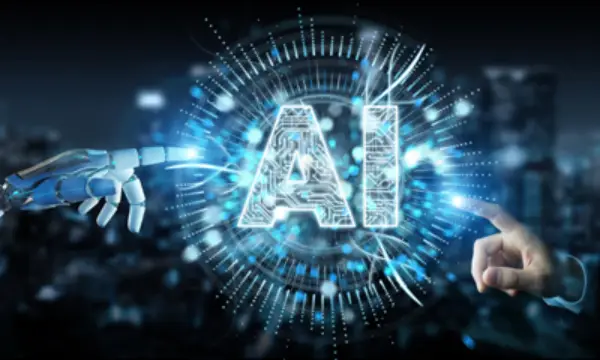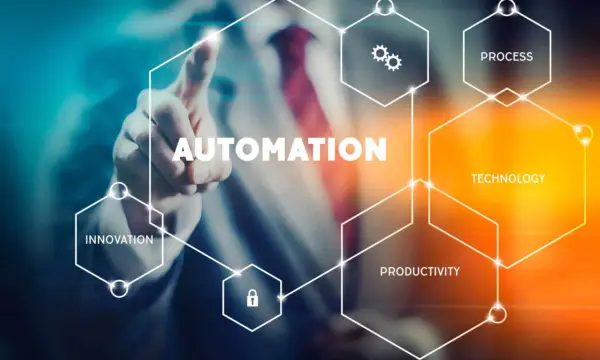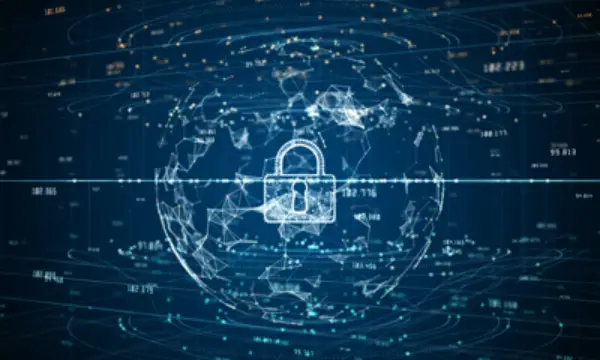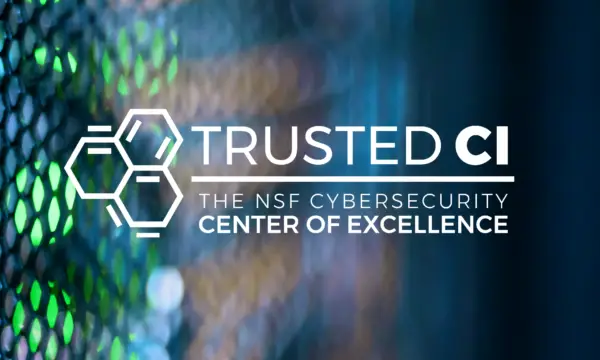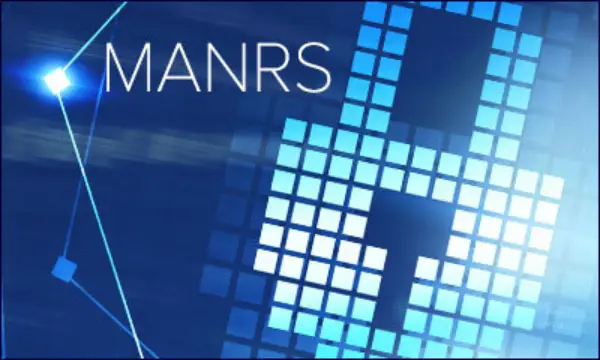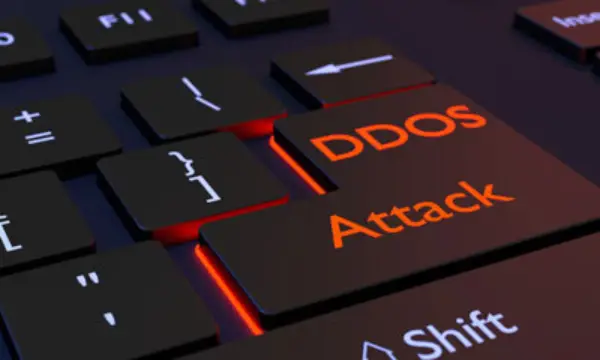- About
- Network
- Community
- Initiatives
- News
- Events
- Blog
- Publications
Blog: Category Archives: Security
The Easy Button for DDoS Attacks: Fast, Convenient, Cost-Effective Mitigation for CENIC Member Institutions
Tags ddos
San Diego Community College District was able to mitigate a DNS laundering attack quickly and cost-effectively thanks to the CENIC NOC and then join CENIC’s DDoS Mitigation Service.
The Strength of Community in Research and Education Security Trends
Categories Security
Tags privacy
A panel of experts addressed safeguarding academic ecosystems. The hour-long discussion tackled current threats, incident response, data privacy and mandatory reporting requirements.
A Community of Innovation: National Research and Education Networks in North America
Categories AI/Machine Learning RENS & NRENS Pacific Wave Security Equity & Access Technology & Innovation
In a CENIC Conference panel discussion, leaders of CANARIE, CUDI, Internet2, ESnet, and CENIC, addressed how their organizations and user communities approached AI and machine learning as major players in the global collaborative REN ecosystem.
CENIC’s Integrated, Multi-Tool Approach to Network Configuration Management
Categories RENS & NRENS Security Technology & Innovation
At the CENIC Biennial Conference, network engineers discussed Network Configuration Management (NCM) at CENIC – how and why it was implemented, the components that comprise it, how it’s used, and its potential for the future.
Three Quick Guidelines to Help Your Organization Stay Safe from RPKI-Related Hacking
Categories RENS & NRENS Pacific Wave Security GOLDENSTATENET The CENIC Community Technology & Innovation
Using secure passwords, enabling MFA, and defining those authorized to make changes to your ARIN account can help your institution avoid RPKI-related hacking.
Get Your Cybersecurity Program Up and Running with the Trusted CI Framework
Learn about the Trusted CI Framework, developed by the NSF Cybersecurity Center of Excellence and created to help your scientific research facility overcome the obstacles to standing up a cybersecurity program for its cyberinfrastructure.
Minding Our MANRS: CENIC and Global Internet Routing Security
Categories RENS & NRENS Security Technology & Innovation
Learn about CENIC’s participation in the Mutually Agreed Norms for Routing Security (MANRS) initiative, which ensures a more secure Internet that is less likely to experience network routing issues and distributed denial of service attacks.
CENIC Offering Mitigation Solutions for Volumetric Distributed Denial of Service Attacks
Categories Security
CENIC is now offering its members protection from Distributed Denial of Service (DDoS) attacks, which have the potential to prevent people from accessing online resources, and in the worst cases, to take institutions offline completely.

